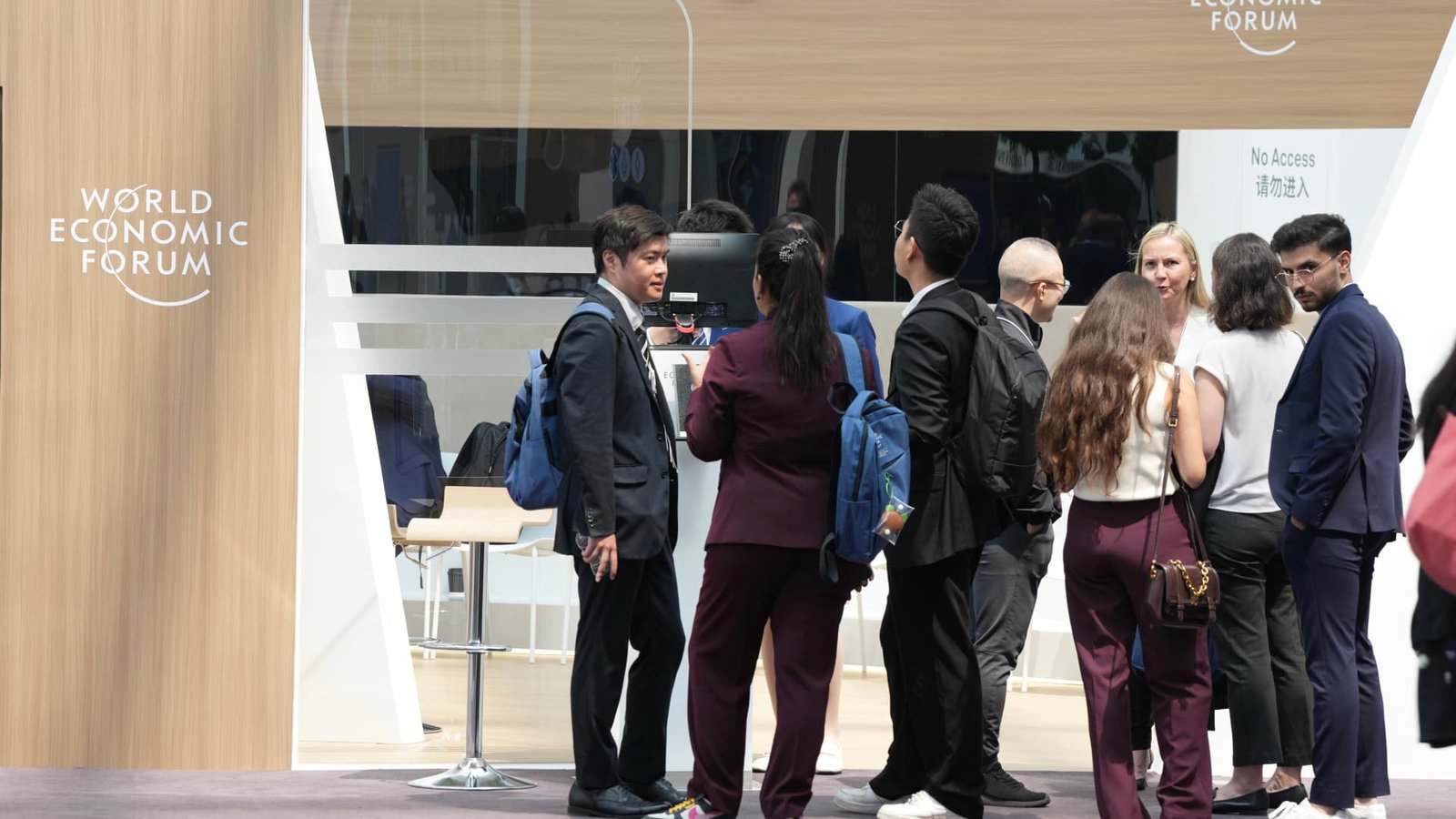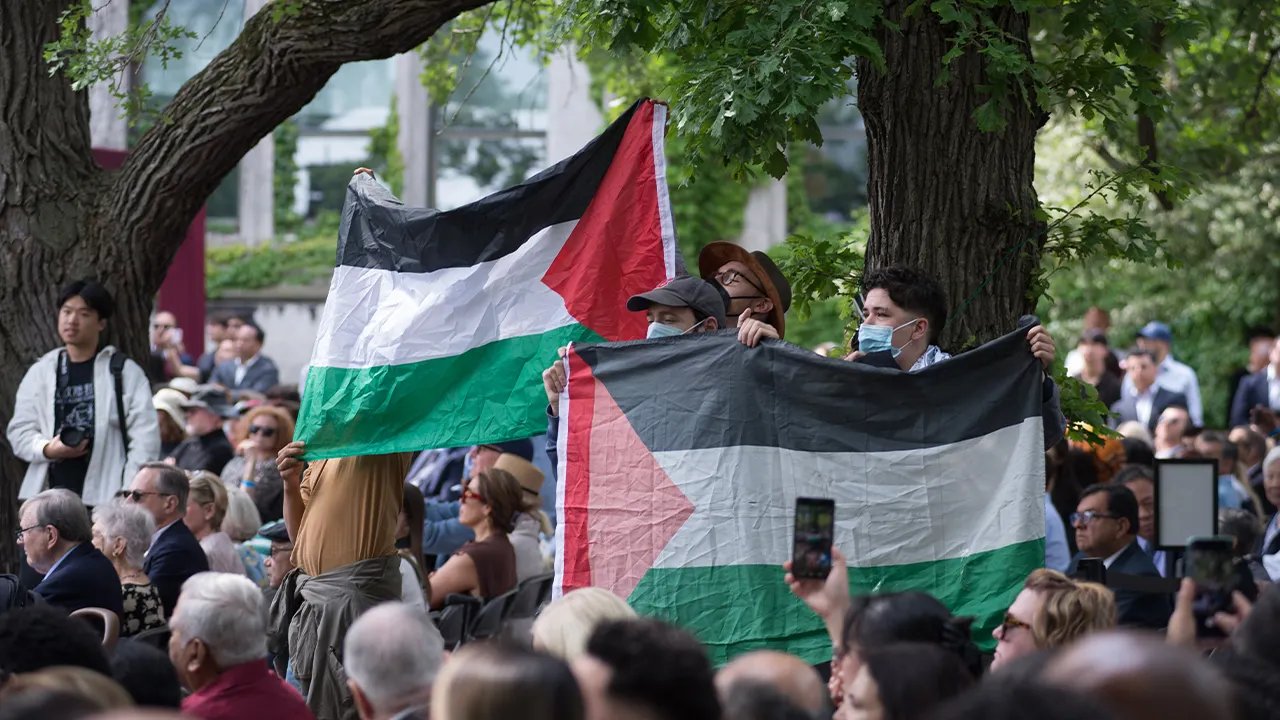The 2025 Summer Davos forum will be held from June 24 to 26 in Tianjin and is expected to bring together around 1,800 participants from over 90 countries and regions.
China News Service | China News Service | Getty Images
This report is from CNBC’s The China Connection newsletter, which brings you insights and analysis on what’s driving the world’s second-largest economy. Each week, we’ll explore the biggest business stories in China, give a lowdown on market moves and help you set up for the week ahead. Like what you see? You can subscribe here.
Global South loosely refers to less developed economies, especially countries outside the U.S. and European orbits. Think Southeast Asia, Africa, Latin America and the Middle East — all regions China has sought to develop trade and political relations with.
“There are 130 neutral countries that are willing to do business across geopolitical fractures and are looking for business, and many of them are run by leaders who are relatively internationalist … I do look forward to opportunities in the Global South,” said Aparna Bharadwaj, managing director at Global Advantage Practice at a WEF panel.
China, which has been deepening its relationship with the Global South, had its Premier Li Qiang urging more trade for “reshaping” the world order at the WEF forum on Wednesday.
“We could be moving to a world where Asia and the Middle East emerge as a new and compelling economic bloc that are still integrated to a degree with Europe and the United States but that integration fluctuates,” Simpfendorfer said.
Top 10 Emerging Technologies” report — now in its third year of collaboration with the Dubai Future Foundation. Previously, the report had been created by the forum with Scientific American.
Some prominent leaders took the opportunity to visit China. Singapore’s Prime Minister Lawrence Wong, Vietnam’s Prime Minister Pham Minh Chinh and Ecuadorian President Daniel Noboa Azín were among the top political leaders attending this year.
“The U.S. tariff shock has been a wake-up call for the Global South in general about the need to diversify,” Simpfendorfer said, citing recent conversations with businesses in Malaysia and Vietnam.
But he pointed out that it won’t be easy to shift from targeting one U.S. market to multiple Global South markets.
To attract trade partners, countries from Egypt to Vietnam to China are all trying to enhance their economic competitiveness.
“It’s a wake-up call for Chinese multinationals to build out genuinely international businesses,” Simpfendorfer said, adding that the learnings from the past two decades would no longer be a good guide for the next 20 years, given the transformational impact of artificial intelligence.
Egyptian Minister of Investment and Trade Hassan El Khatib told CNBC’s Chery Kang on the sidelines of the forum on Tuesday that the country aspires to be in the top 20 in business competitiveness by 2030, following a major reform program launched last year to spur private sector development.
He emphasized Egypt’s labor pool and engineering talent, and noted how the country was courting investors from around the world.
As U.S.-China tensions remain far from resolved, more countries may be keen to take the Chinese premier up on his invitation to reshape the world.
— CNBC’s Bernice Ooi contributed to this report.




